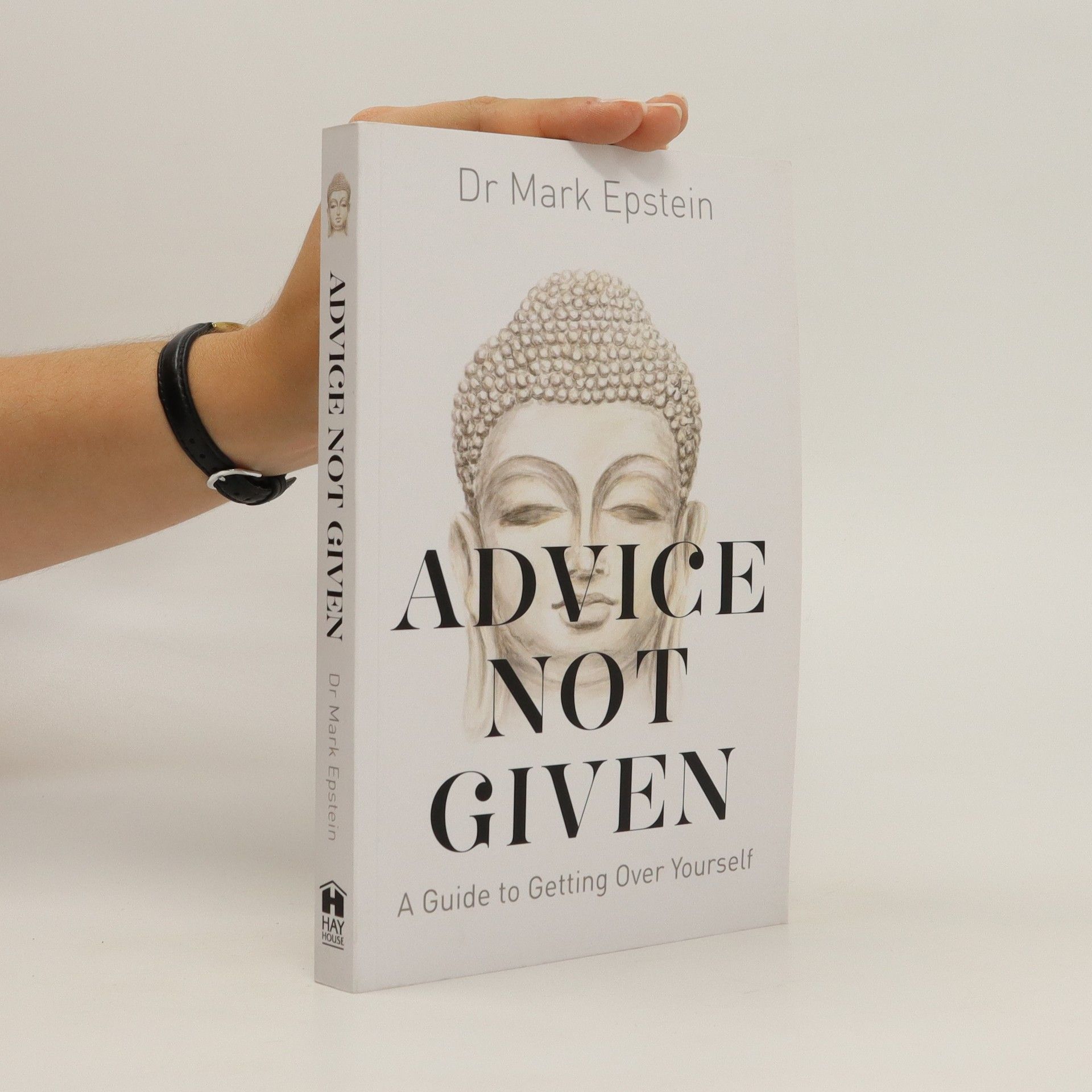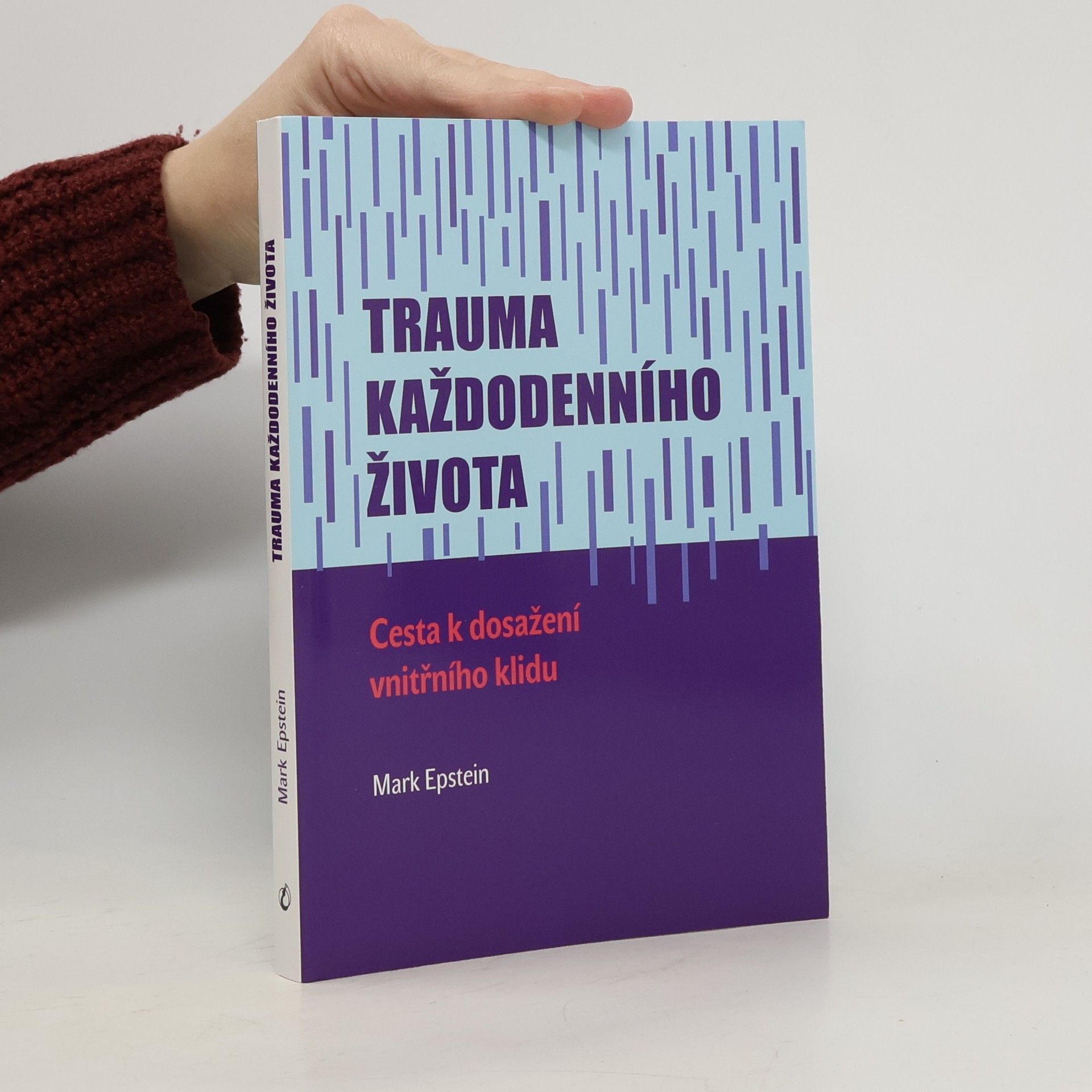Through selected patient sessions, Dr. Epstein explores the intersection of Buddhism and psychotherapy, illustrating how his spiritual background informs his therapeutic approach. He argues that both meditation and therapy foster courage in confronting life's challenges, suggesting that therapy can be seen as a collaborative meditation. The book highlights the importance of mindfulness, which, like a skilled therapist, helps individuals gain awareness and achieve inner peace, showcasing the therapeutic process as a profound journey of self-discovery.
Mark Epstein Book order (chronological)
Mark Epstein explores the intersection of Buddhism and psychotherapy. His writings delve into the profound connection between mind and body, offering psychological insights into spiritual practice. Epstein's approach centers on integrating ancient wisdom with modern understandings of the human psyche. His work provides readers with new ways to view daily challenges and find inner peace.

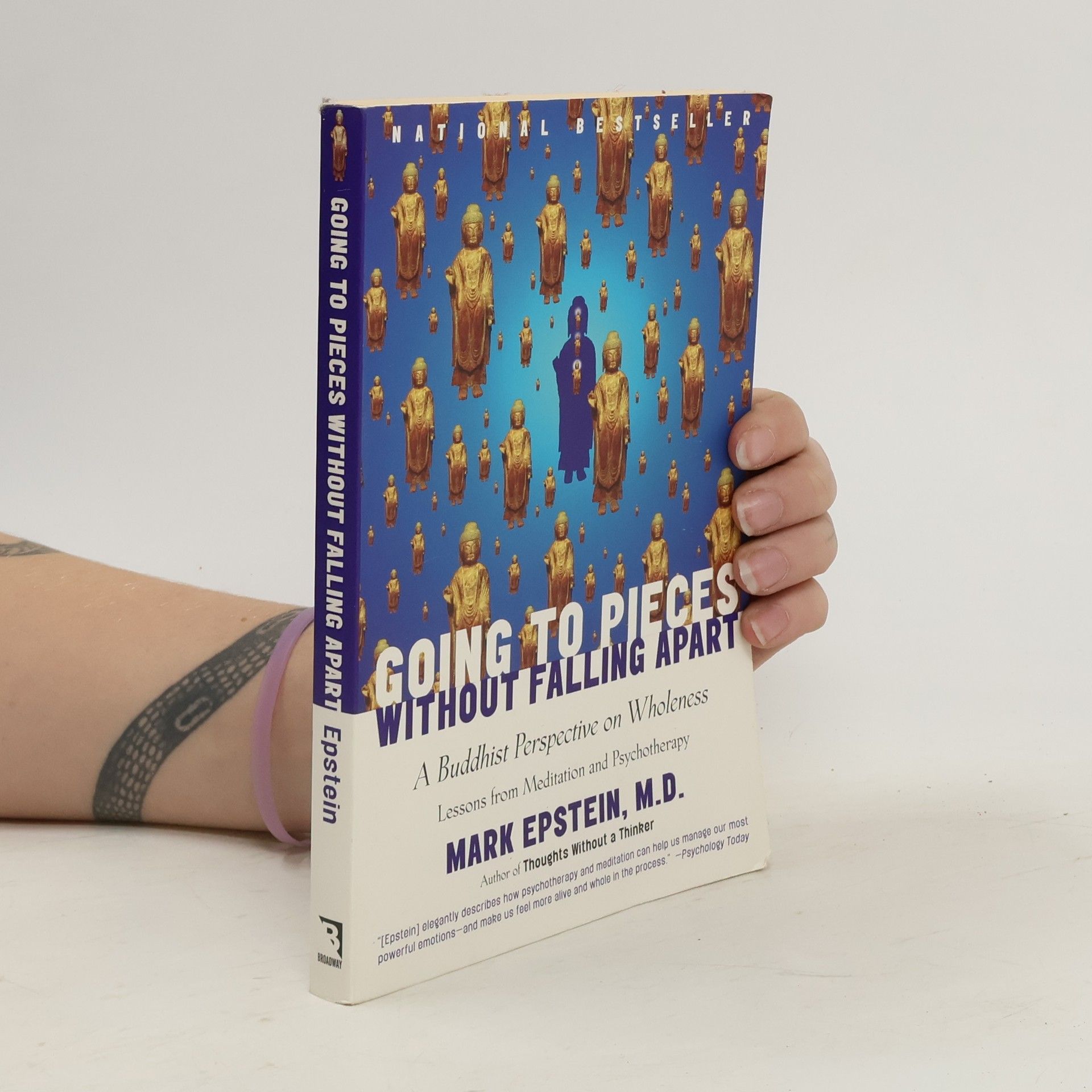

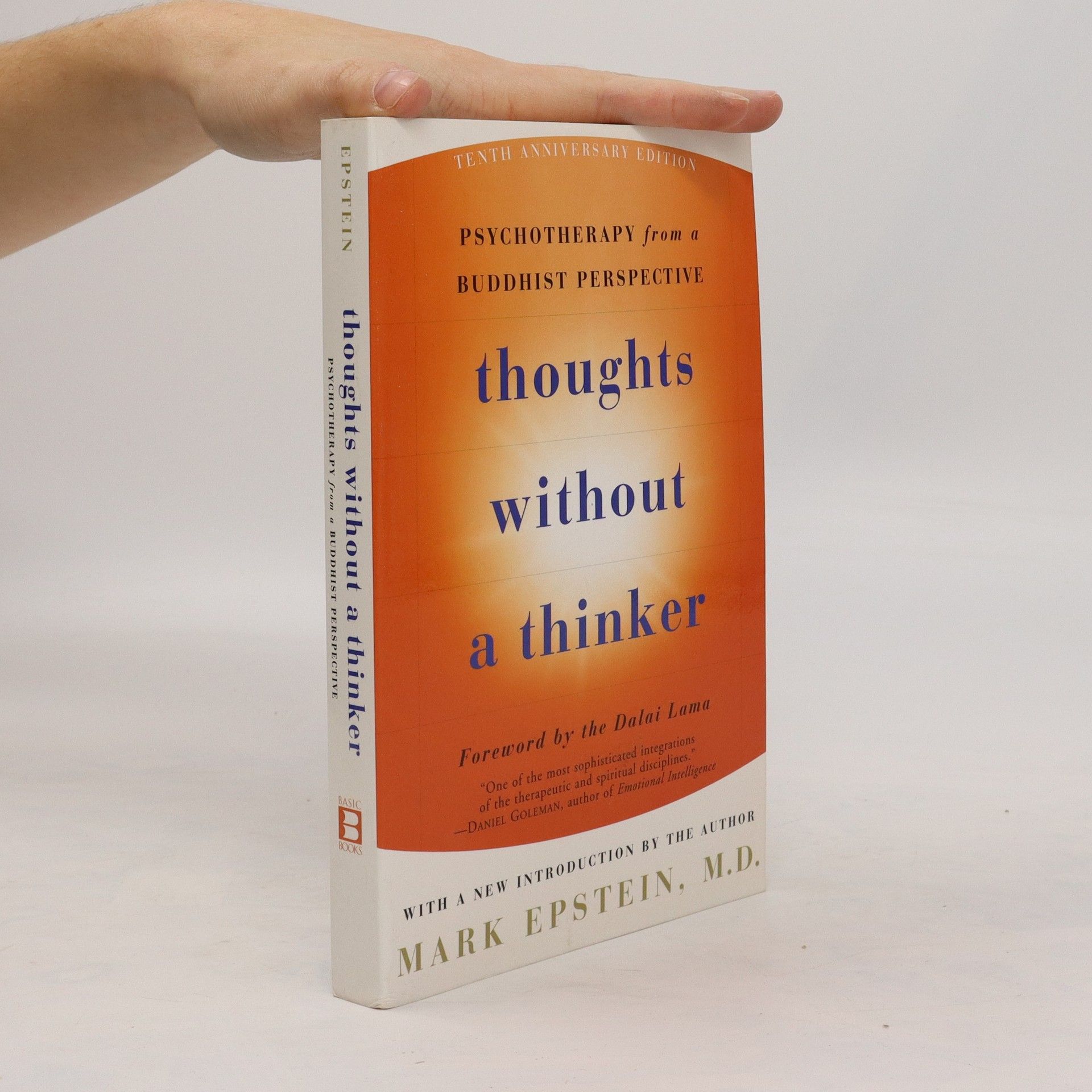
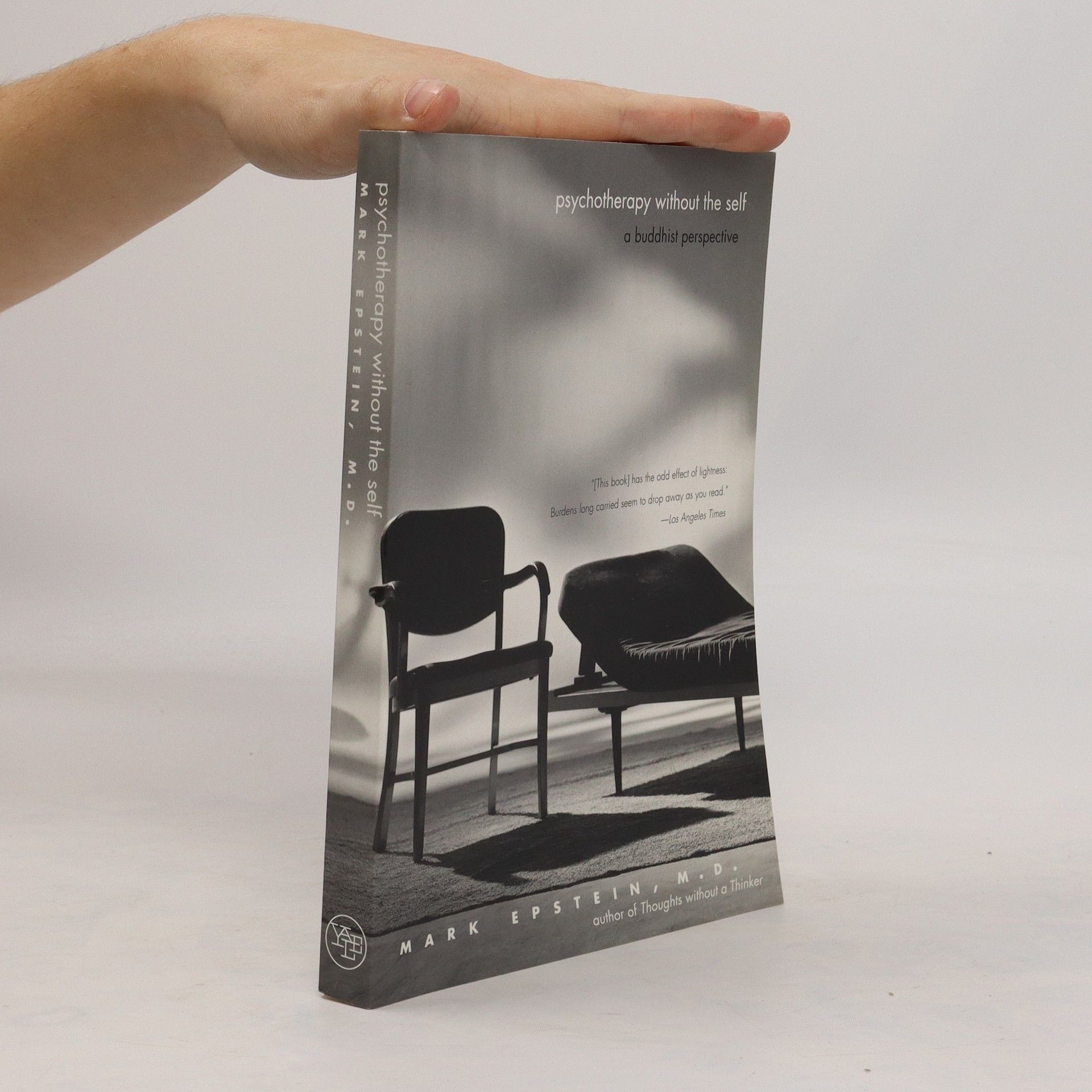
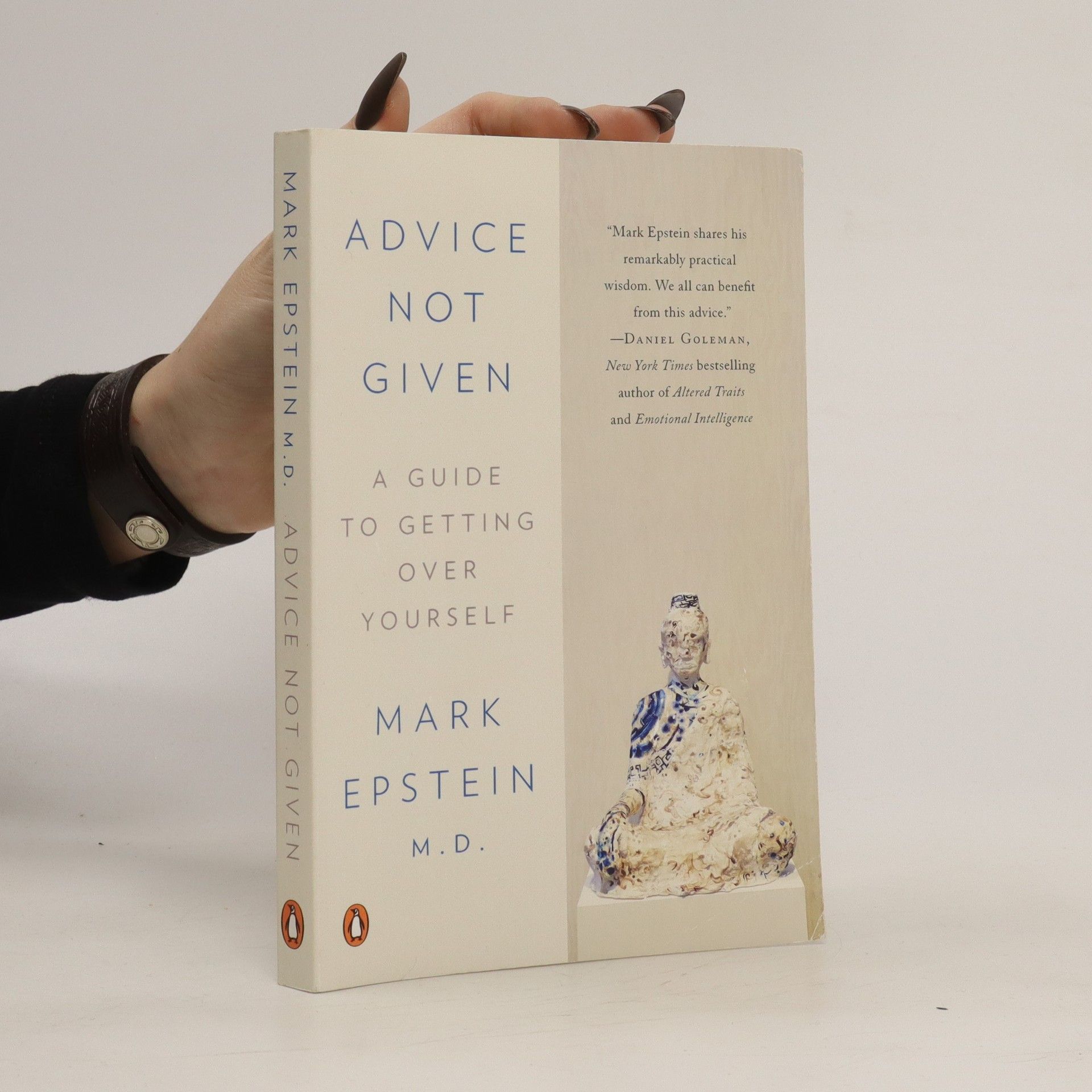

Zen of Therapy
- 288 pages
- 11 hours of reading
In a profound exploration of the therapeutic relationship, Dr. Mark Epstein shares insights from a year of therapy sessions, merging his extensive experience in Western psychotherapy with his deep understanding of Buddhism. Initially, he kept his spiritual beliefs separate from his psychiatric practice, using mindfulness privately to enhance his listening skills. However, as he began to openly discuss these spiritual aspects, he discovered that many patients were eager to engage with them, revealing that the lines between psychological, emotional, and spiritual realms are often blurred. Dr. Epstein reflects on selected patient sessions, illustrating how his Buddhist background subtly influences his therapeutic approach. He presents therapy as a form of two-person meditation, where both therapist and patient confront life's challenges with courage. Mindfulness, akin to a skilled therapist, can help hold awareness and facilitate self-discovery. Through detailed dialogues and explanations of his thoughts and actions, he demonstrates that embracing our true selves can be difficult, yet essential. This personal inquiry intertwines the wisdom of psychotherapy and Buddhism, portraying the therapist as a spiritual friend who aids patients in recognizing the inherent magic and trust in their lives, regardless of past struggles. By letting go of misconceptions and connecting with our true essence, we can find peace and a sense of home
Advice Not Given
- 224 pages
- 8 hours of reading
"Most people will never find a great psychiatrist or a great Buddhist teacher, but Mark Epstein is both, and the wisdom he imparts in Advice Not Given is an act of generosity and compassion. The book is a tonic for the ailments of our time."--Ann Patchett, New York Times bestselling author of Commonwealth Our ego, and its accompanying sense of nagging self-doubt as we work to be bigger, better, smarter, and more in control, is one affliction we all share. But while our ego is at once our biggest obstacle, it can also be our greatest hope. We can be at its mercy or we can learn to work with it. With great insight, and in a deeply personal style, renowned psychiatrist and author Dr. Mark Epstein offers a how-to guide that refuses a quick fix. In Advice Not Given, he reveals how Buddhism and Western psychotherapy, two traditions that developed in entirely different times and places, both identify the ego as the limiting factor in our well-being, and both come to the same conclusion: When we give the ego free rein, we suffer; but when it learns to let go, we are free.
How to Play Blues Bass: Learn, Create and Apply Your Own Blues Bass Lines
Learn, Create and Apply Your Own Blues Bass Lines. With Audio online
- 31 pages
- 2 hours of reading
(Bass Instruction). Explore various 12-bar blues forms, the shuffle feel, walking lines, box patterns, tone, turnarounds, passing tones, and transitions to establish a great blues groove with this book! Use the accompanying audio to play along with a professional band in shuffle, slow blues, rhumba, and blues rock styles. You will also learn how to lock in with the drummer in order to complement the other instruments in an authentic blues band.
Advice Not Given: A Guide to Getting Over Yourself
- 224 pages
- 8 hours of reading
Our shared affliction of ego and self-doubt drives us to seek control and validation, yet it often sabotages our goals. In this insightful work, Dr. Mark Epstein, a renowned psychiatrist, explores the intersection of Buddhism and Western psychotherapy, both identifying the ego as a barrier to well-being. He argues that when the ego is unchecked, we suffer, but learning to let go leads to freedom. Epstein provides a guide rooted in both traditions, emphasizing the Eightfold Path—eight areas of self-reflection essential for enlightenment. Drawing from his experiences and those of his patients, he presents these ancient ideas infused with modern therapeutic sensibilities, creating a roadmap for spiritual and psychological growth. By bridging Eastern and Western thought, Epstein offers a fresh perspective on mindfulness, urging us to be more aware of our ego. This unique approach highlights the ego as both our greatest obstacle and potential ally, suggesting that we can either be at its mercy or learn to shape it. Epstein’s practical advice is accessible to all, offering wise counsel in a complex world, reminding us that "our egos can use all the help they can get."
Trauma každodenního života
- 202 pages
- 8 hours of reading
Cesta k dosažení vnitřního klidu. Trauma nezažívá jen několik málo nešťastných lidí. Ve skutečnosti je jedním ze základních stavebních kamenů našeho života a v té či oné podobě ho zná každý z nás. Trauma patří neodmyslitelně k lidské existenci, můžeme si však vybrat, jak se k němu budeme vztahovat. Můžeme se mu snažit vyhýbat, nebo ho můžeme využívat jako zdroj životního rozvoje. Zatímco západní psychologie nás přesvědčuje, že trauma lze zvládnout, zbavit se ho tím, že nalezneme a pochopíme jeho příčinu, příznivci východních praktik často vidí v meditaci prostředek k povznesení nebo distancování se od nepříjemných a obtěžujících emocí. Oba přístupy jsou podle Epsteina chybné, protože neuvažují o traumatu jako o neoddělitelné součásti života, která však může sloužit jako živná půda dalšího růstu a pomáhat hlubšímu pochopení života. Epstein vysvětluje, že trauma je univerzální zkušenost, která se neřídí lidskou logikou a nemusí nás nutně zničit, naopak v nás může probudit schopnost vztahovat se a být vnímavý vůči utrpení druhých. Trauma má velký transformační potenciál, může nás stejně jako Buddhu učinit lidštějšími, laskavějšími a moudřejšími.
Trauma codzienności
- 222 pages
- 8 hours of reading
The Trauma of Everyday Life
- 240 pages
- 9 hours of reading
Trauma is a fundamental aspect of our psychology, affecting everyone through death, illness, loneliness, and fear. In this insightful exploration, a renowned psychiatrist reveals the transformative potential of trauma, suggesting it can foster personal growth and deeper understanding. While Western psychology often seeks to understand trauma to move past it, and Eastern practices like meditation aim to distance from difficult emotions, both overlook trauma's integral role in life. By embracing trauma as a universal experience, we can connect more profoundly with the world. Epstein illustrates this perspective through the life of Buddha, whose journey reflects the impact of childhood trauma on his teachings. Yet, the narrative extends beyond Buddha, incorporating Epstein's experiences, those of his patients, and various teachers he encounters. Each shares the common thread of trauma, whether significant or minor. Epstein emphasizes that trauma, rather than destroying us, can awaken our awareness of our own capacities and the suffering of others. It ultimately makes us more compassionate and wise, serving as a powerful teacher and a pathway to freedom available to everyone.
Helps to capture the onboarding margin with the '4 pillars' of successful onboarding. This book provides a business case, a systemic approach to the entire process, and instructive inside stories from Apple, Starbucks, Netflix, Microsoft, Baird, Bank of America, John Deere, and dozens of other industry leaders.
Psychotherapy without the Self. A Buddhist Perspective
- 272 pages
- 10 hours of reading
Immersed in Buddhist psychology prior to studying Western psychiatry, Dr. Epstein first viewed Western therapeutic approaches through the lens of the East. This book wrestles with the complex relationship between Buddhism and psychotherapy and offers nuanced reflections on therapy, meditation, and psychological and spiritual development.
